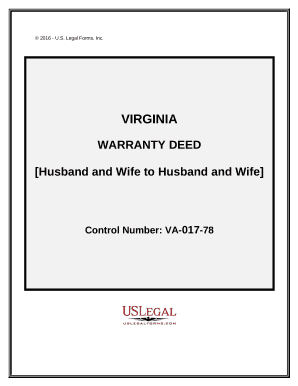
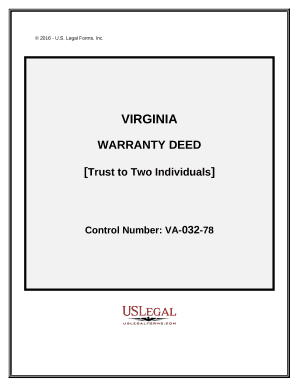
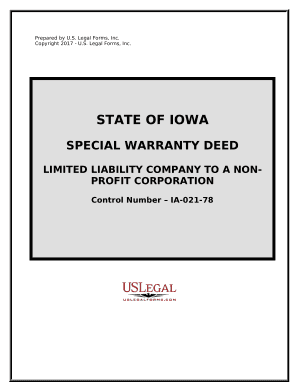
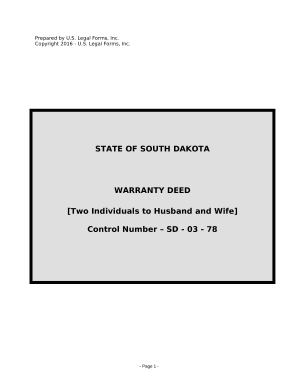

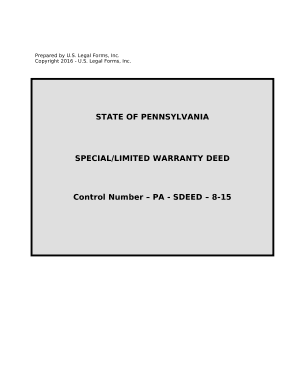
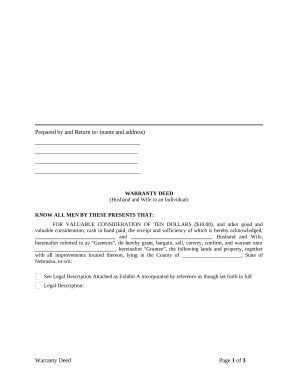
Document managing can overpower you when you can’t find all the forms you need. Fortunately, with DocHub's vast form library, you can get everything you need and quickly handle it without changing among applications. Get our Warranty Deeds documents and start working with them.
How to use our Warranty Deeds documents using these basic steps:
Try out DocHub and browse our Warranty Deeds documents category easily. Get your free account today!